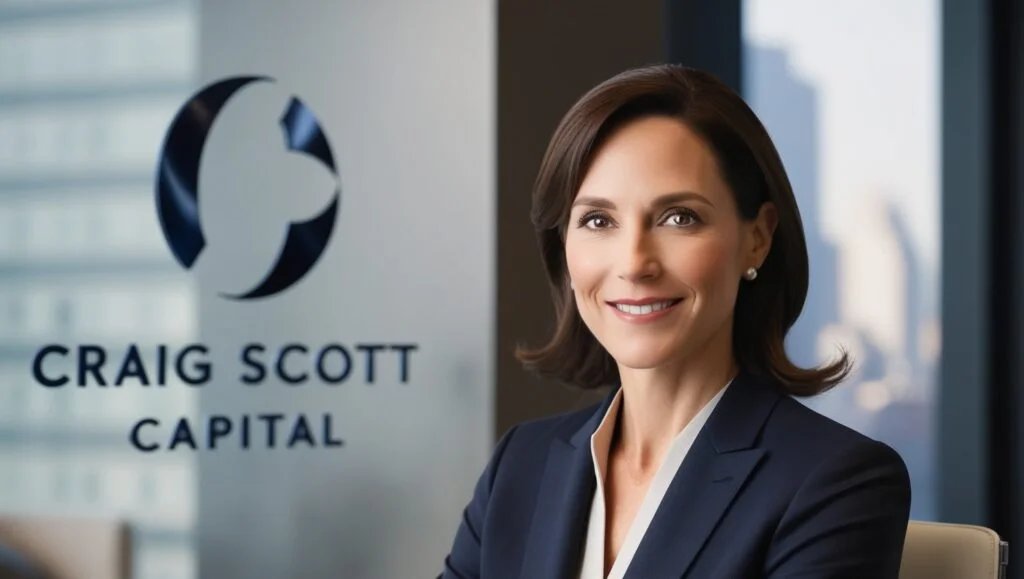Taking charge of your financial life doesn’t require radical changes overnight. Often, a few key shifts in perspective and habit can lead to long-term empowerment and peace of mind. If you’re ready to feel more confident about your money this year, there are practical steps you can take—regardless of income level or past experiences. The best part? You don’t need to be a finance expert to begin.
Let’s explore five impactful strategies that can help you feel more in control of your finances and start building momentum today.
Build a Realistic Budget That Works for You
Budgeting is a foundational tool for financial clarity—but it shouldn’t feel restrictive. Instead of viewing your budget as a punishment, approach it as a personalized roadmap. Focus on creating a flexible system that aligns with your lifestyle and priorities.
Try using budgeting apps that automatically categorize expenses and highlight overspending trends. Alternatively, some people prefer the classic envelope method to allocate discretionary funds. No matter your style, the goal is simple: awareness leads to informed decision-making. Track your spending for a few weeks before crafting your ideal budget, and revisit it monthly to adapt as needed.
Set Short-Term and Long-Term Goals
Financial goals give purpose to your money and create a sense of direction. Whether it’s saving for a vacation, paying off student loans, or investing for retirement, defining goals can change the way you spend and save.
Start with short-term goals that are achievable within the next few months. This could be saving $500 for emergencies or paying off a credit card. Long-term goals require a broader strategy and consistency, such as investing in a retirement fund or preparing for a down payment on a house. Break these into smaller milestones to celebrate progress along the way.
Seek Professional Guidance When Needed
Sometimes, an outside perspective can be invaluable. A financial planner in Summerlin, Nevada can help you understand your current financial situation, identify opportunities, and craft a plan tailored to your future. Working with a professional doesn’t mean you’ve failed—it means you’re proactive.
Planners often help with retirement strategies, tax planning, and investment management. Even a one-time consultation can shed light on areas you may overlook. Before committing, research reviews and ask about certifications like CFP® to ensure credibility and trust.
Reduce Financial Clutter
Financial overwhelm often stems from disorganization. If your bills are scattered across different accounts, or you’re unsure what subscriptions are quietly draining your budget, it’s time to tidy up.
Start by consolidating accounts where feasible and cancel any services you no longer use. Automate bill payments to avoid late fees, and set reminders for key financial dates like insurance renewals or quarterly taxes. A cleaner financial space makes room for clearer thinking and better choices.
Stay Educated and Empowered
One of the most empowering things you can do is build your financial literacy. You don’t need a degree in economics—just a willingness to learn and stay curious. Podcasts, books, and reputable financial blogs can offer insights into topics ranging from debt management to wealth building.
The more you understand, the more confident you’ll feel making decisions. Set a goal to learn one new financial concept each month and put it into practice. Over time, this habit compounds and boosts your sense of control.
Conclusion
Regaining control over your money isn’t about perfection—it’s about intention and persistence. Whether it’s a simple budget refresh or a deeper dive into long-term planning, small steps can lead to powerful results. You deserve to feel confident about your financial future, and with a clear plan and supportive habits, you’re already well on your way.
Let me know if you’d like to tailor this to a specific audience or format, like email newsletters or social media posts—I’d be glad to help!





